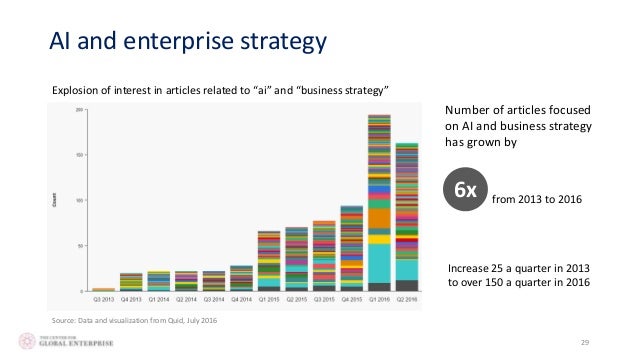Free AI is setting 2 SEO records straight
A major part of SEO involves analysing and trouble shooting multiples issues from different angles. But spending countless hours tentatively testing newly implemented changes can often feel frustrating and counterproductive. Clearly, our brain capacity increasingly appear limited: it’s time to call AI.
Support for findability
Let’s say I am monitoring the statistics for two domains and two clients with a growing market. I have signed up for the usual webmasters tools, but I am struggling to conciliate the mountain of data at hand. There is not only site traffic to track, there are also the indexing process and the crawl rate.
On the other hand, I also have the social media campaign and online marketing routines to maintain. Which is most efficient? Which works well? At what time and for which audience?

Artificial intelligence already permeates Web development and website findability at this basic level. It covers the action of search algorithms, data collection, predictive recommendations and even user experience.
Automated accessibility
Semi-automated tools like RYTE Website Success and the new Bing SEO Analyser might provide an overview of SEO issues and insights. Yet, they require a lot of manual fine-tuning to generate tailored solutions. They are only as good as the person who uses them.
Indeed, AI research is now reaching beyond Web 2.0 online marketing practices. At the core of Artificial Intelligence, you will find applications with self-improving algorithms, unsupervised machine training and deep learning processes.
Intelligent Webmastering
Furthermore, these applications are built to improve themselves over time as more diverse information is computed. This means that the quality of the Big data is the key to refining AI’s assessments and predictions, not the amount of data.
As it stands, there are still plenty of opportunities for developers to improve on their findability strategies and SEO solutions. Since the outlook is on the long term and the sustainability of the business, it is crucial to keep an eye on the development of individual AI technologies. Consequently, search, filtering, segmentation and content generation automated tools are quickly becoming essential aides for a more intuitive and efficient workflow.
The talk of fourth revolution definitely makes more sense when we look at at reducing the manual effort put into completing recurring tasks. And this is not just visible on the users’ side of the web. New web developers also have a lot to gain from incorporating AI applications into their every-day practices.
Sources:
Digital Journal: http://www.digitaljournal.com/business/why-machine-learning-matters-for-business/article/524223
E-Consultancy: https://econsultancy.com/blog/67745-15-examples-of-artificial-intelligence-in-marketing/
ZetaGlobal: https://zetaglobal.com/blog-posts/artificial-intelligence-in-digital-marketing/

